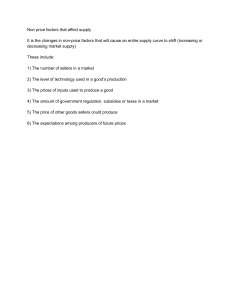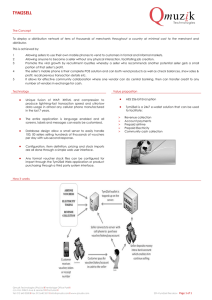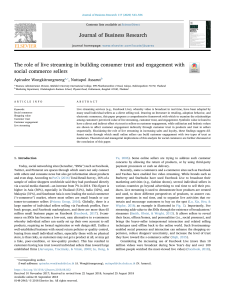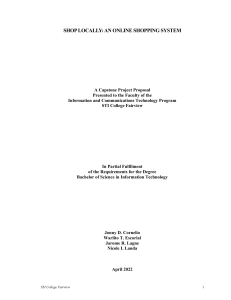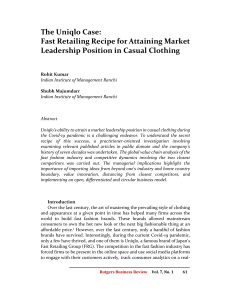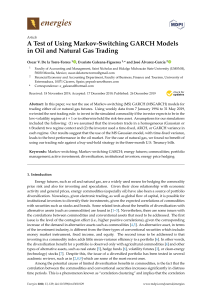Marketing Concepts: Marketspace, Segmentation, and Exchange
advertisement
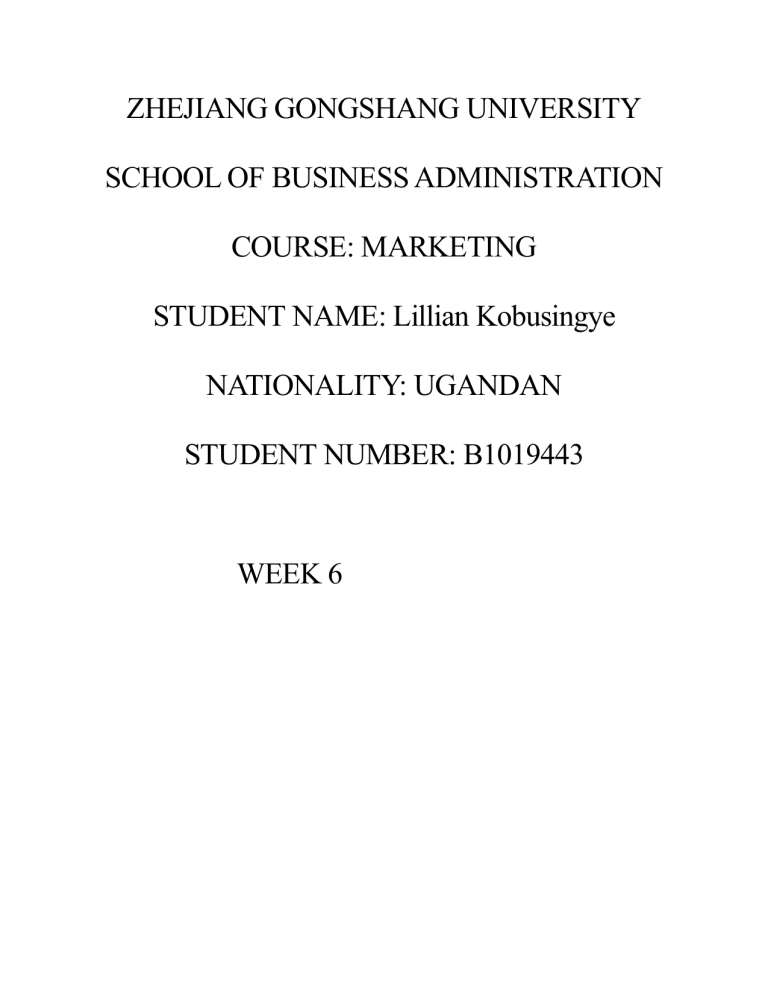
ZHEJIANG GONGSHANG UNIVERSITY SCHOOL OF BUSINESS ADMINISTRATION COURSE: MARKETING STUDENT NAME: Lillian Kobusingye NATIONALITY: UGANDAN STUDENT NUMBER: B1019443 WEEK 6 MARKETING CONCEPT A market is not just a single place but a geographical area that permits sellers to out-compete each other for customers, it consists of a willing customer who can directly or indirectly interact with a seller to facilitate an exchange. A free market encourages innovation and stimulates economic growth through its competition, law of the jungle environment, and more choice. We have many popular physical markets e.g. The Grand Bazaar in Turkey however with globalization and the current pandemic, markets don’t have to be physical hence the new term Market space. Marketspace is based on the electronic exchange of goods and services for money or for other goods and services. Online platforms like Trip.com provide flight booking services 24/7. Marketers strive for customer lifetime values as a means of a stable and permanent market. Segmenting the market space ensures successful marketing strategies for a firm. Product market space creates a broad space of market fit which means you are in a good market with a product that can satisfy that market. Place concept involves a convenient location for buyers and sellers to perform an exchange function. Commodity markets can include physical trading and derivatives trading e.g. future contracts, crude oil etc. Area concept of markets relates to pricing policy where the price is identified as a common ground for the buyer and seller to have a transaction of exchange. Demand marketing is characterized by need, want, and demand and the ability and willingness to satisfy them. The exchange concept consists of more than the exchange of money or commodity; it also includes marketing communication as an exchange e.g. online customer service. Companies use marketing information systems for strategic marketing e.g. Uniqlo. It’s important for exchange to be legal e.g. the sales of Goods Act of 1979.


